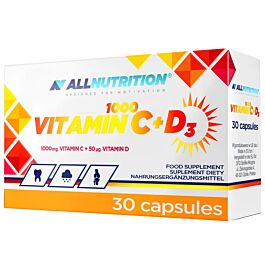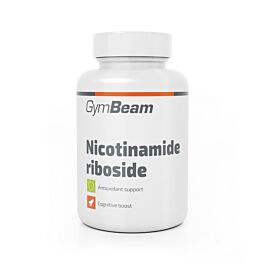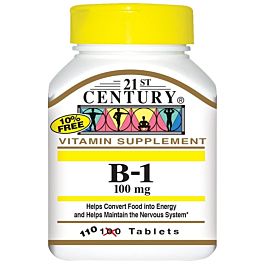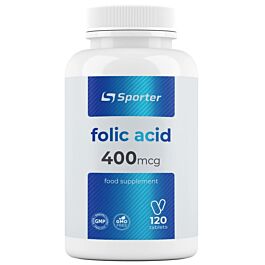Description
Vitamin D 3 (cholecalciferol) belongs to the group of vitamins D (D1-D6) necessary to maintain human metabolism. Vitamin D 3 is involved in the work of all organs and systems:
-
Regulates the exchange of calcium, phosphorus. One of the main functions is the mineralization of bone tissue and the stimulation of the normal development of bones, ligaments of the musculoskeletal system in children. With the participation of vitamin D3 in the small intestine, calcium and phosphorus are absorbed from food or biologically active complexes. Thanks to the vitamin in the blood, the desired concentration of trace elements is provided. The condition of hair, nails, skin and teeth also depends on the absorption of calcium under the action of the vitamin.
-
Participates in metabolism. Vitamin D3 helps to normalize blood clotting, improves cell sensitivity to insulin and the absorption of carbohydrates, activates the regeneration of nerve fibers and increases their sensitivity, and prevents the deposition of cholesterol on the walls of blood vessels.
-
Strengthens the immune system. The active component of vitamin D 3 – cholecalciferol inhibits the growth of oncological neoplasms, stimulates the immune response when viruses and bacteria enter the body, helps fight inflammation, and also prevents the development of psoriasis and eczema. Vitamin has a positive effect on respiratory function, facilitates the treatment of pneumonia.
Vitamin C is the strongest antioxidant. Its purpose is to protect internal organs and tissues from damage of various etiologies, to prevent the formation of malignant tumors. But the benefits of the vitamin for the body do not end there:
- The compound helps to strengthen the immune system, reduces the strength of inflammatory processes, and helps to remove toxins.
- With the participation of vitamin C, redox processes occur, protein is synthesized, including collagen.
- Ascorbic acid is also required for skin regeneration and wound healing.
- Antioxidant action is manifested in the fight against free radicals, inhibition of the formation of cancer cells.
- Ascorbic acid has a beneficial effect on energy processes, increasing endurance.
- Vitamin strengthens blood vessels, normalizes the permeability of their walls, reduces the risk of atherosclerosis.
- The concentration of vitamin C in the body affects the state of the nervous system, stress resistance.






Reviews
There are no reviews yet.